
Self
Going through my mini DVs shot over the past decade, I rediscovered a forgotten night sequence of Chantal Akerman and Sonia Wieder-Atherton leaving a brasserie where we had dined together in Montparnasse. The excerpt stayed with me for a while. This prompted me to focus on Chantal’s sound work in her films and her very close collaboration with cellist, Sonia Wieder-Atherton with whom she made more than 20 films. And, since New York, Paris and Moscow were places the three of us had in common, I intertwined some of my images with hers.
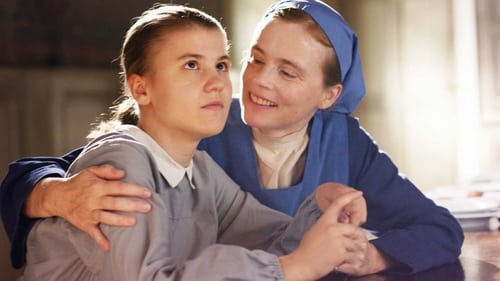
Original Music Composer
Marie Heurtin is born both blind and deaf. Sister Marguerette wins her trust and teaches her how to express herself.

Presented in 2 parts, this 83 minute piece documents Wieder-Atherton's idea to do a set of pieces from across central and eastern Europe, including Russia. Some weren't originally written for cello, but she had them transcribed. Some were songs for voices, which goes with Wieder-Atherton saying in an earlier film she made with Chantal Akerman that she aspires to play the cello in a way that it carries the specificity of emotion of the human voice. She explains at the beginning of both parts how she feels each country in the region has it's own personality expressed in its music, coming from its individual history and culture, but that each land in the area is also 'impregnated' as she puts it, by the others, so there are certain elements that run throughout.
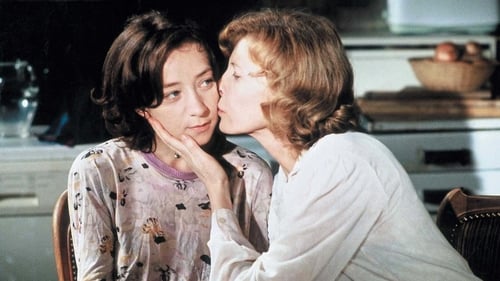
Original Music Composer
When her mother moves in, the life of a writer gets crowded.

Conductor
When her mother moves in, the life of a writer gets crowded.

Music
When her mother moves in, the life of a writer gets crowded.

The short documentary starts with Wieder-Atherton telling the story of how she came to fall in love; first with music in general, and then with the cello, and goes on tell how she found her specific style, using the music to try and almost form words of communication. It's a delightful and enlightening interview. This is followed by Wieder-Atherton playing 6 short pieces of quite different styles, from the heartbreaking melodies of Schubert and Brahms to Berio's more edgy modern sounds.
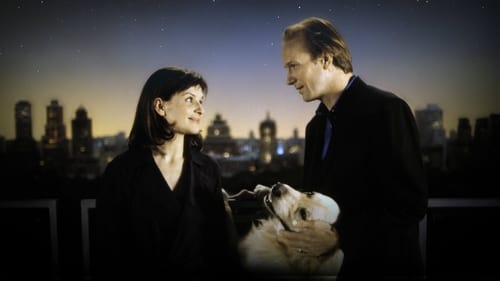
Conductor
Dr. Henry Harriston is a successful psychoanalyst in New York City. When he is near a nervous breakdown, he arranges to change his flat with Beatrice Saulnier from France for a while. Both don't know each other and both find themselves deeply involved into the social settings of the other, because the decision to change their flats is made overnight. Could be the perfect amusement, but suddenly Henry finds himself beaten up by Beatrice' lover and Beatrice is considered to be Dr. Harriston's substitute by his clients...

Musician
Dr. Henry Harriston is a successful psychoanalyst in New York City. When he is near a nervous breakdown, he arranges to change his flat with Beatrice Saulnier from France for a while. Both don't know each other and both find themselves deeply involved into the social settings of the other, because the decision to change their flats is made overnight. Could be the perfect amusement, but suddenly Henry finds himself beaten up by Beatrice' lover and Beatrice is considered to be Dr. Harriston's substitute by his clients...

Original Music Composer
Dr. Henry Harriston is a successful psychoanalyst in New York City. When he is near a nervous breakdown, he arranges to change his flat with Beatrice Saulnier from France for a while. Both don't know each other and both find themselves deeply involved into the social settings of the other, because the decision to change their flats is made overnight. Could be the perfect amusement, but suddenly Henry finds himself beaten up by Beatrice' lover and Beatrice is considered to be Dr. Harriston's substitute by his clients...
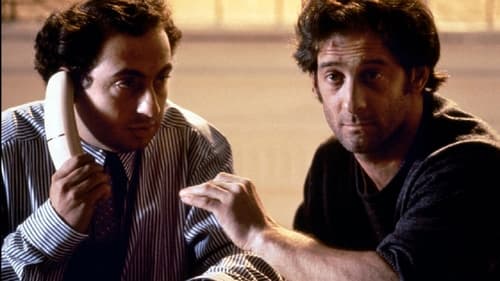
La violoncelliste
Victor is a legal advisor who finds himself abandoned by his wife and fired the same day. He tries to seek comfort from different friends and family members, but everyone he meets is concerned with their own problems. His morale begins to falter when he realizes that no one cares about him.

Music
Victor is a legal advisor who finds himself abandoned by his wife and fired the same day. He tries to seek comfort from different friends and family members, but everyone he meets is concerned with their own problems. His morale begins to falter when he realizes that no one cares about him.

Music
Belgian director Chantal Akerman avoids her usual "real time" technique in Histoires d'Amérique. The anecdotal nature of the subject matter compels Akerman to fragment her narrative, rather than offer it in one, uninterrupted continuum. Still, another Akerman trademark -- permitting the "drama" to emanate from the actors rather than the situations -- is very much in evidence. This informal history of Jewish life over the past 100 years is related in a series of eyewitness accounts, re-created by a group of largely unknown actors. Also known as American Stories, the Belgian/French Histoires d'Amérique began building an audience when it was shown at the Berlin Film Festival.
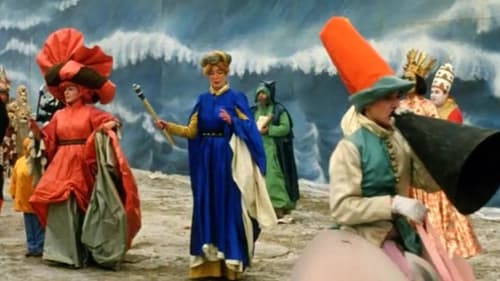
(segment Portrait d'une Paresseuse)
Seven Women, Seven Sins (1986) represents a quintessential moment in film history. The women filmmakers invited to direct for the seven sins were amongst the world's most renown: Helke Sander (Gluttony), Bette Gordon (Greed), Maxi Cohen (Anger), Chantal Akerman (Sloth), Valie Export (Lust), Laurence Gavron (Envy), and Ulrike Ottinger (Pride). Each filmmaker had the liberty of choosing a sin to interpret as they wished. The final film reflected this diversity, including traditional narrative fiction, experimental video, a musical, a radical documentary, and was delivered in multiple formats from 16, super 16, video and 35mm.

Akerman's contribution to the anthology film Seven Women, Seven Sins (which also features shorts by the formidable Helke Sander, Bette Gordon, and Valie Export) is an amusing portrait of the director trying to overcome her own laziness (i.e., to get out of her bed by noon) in order to make her film about sloth, all while her partner Sonia Wieder-Atherton is hard at work. (The scenario produces Akerman's oft-quoted line, "In order to make cinema, one must get out of bed.")

Commissioned for the centenary of the famous French architect and designer Robert Mallet-Stevens and shot on the street that bears his name in Paris' 16th arrondissement, Rue Mallet-Stevens depicts a mysterious, nocturnal scene of romance (featuring Akerman and her partner, the cellist Sonia Wieder-Atherton) unfolding before and inside one of the street's modernist constructions.












